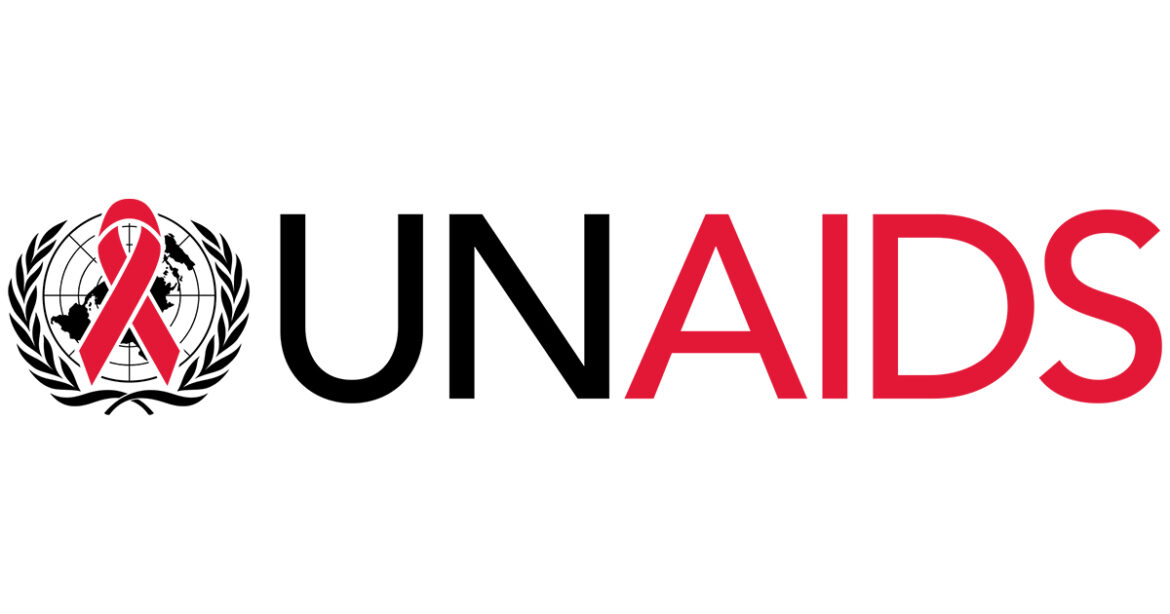By Asmau Ahmad
New data from Joint United Nations Programme on HIV/AIDS (UNAIDS) data released on Wednesday showed that the decline in new HIV infections which could lead to full-blown AIDS had slowed.
The report revealed that during the last two years of COVID-19 and other global crises, progress against the HIV pandemic faltered, resources shrunk, and millions of lives remained at risk as a result.
The name of the latest report by the UNAIDS, In Danger,” coincides with the International AIDS Conference, which has started Wednesday in Montreal, Canada.
According to UNAIDS, globally, the number of new infections dropped by only 3.6 per cent between 2020 and 2021, the smallest annual decline in new HIV infections since 2016.
The agency warned that progress in prevention and treatment had faltered worldwide, putting millions of lives at risk.
“In 2021, there were 1.5 million new HIV infections and 650,000 AIDS-related deaths. This translates to 4,000 new HIV infections every day,” Mary Mahy, UNAIDS Director a.i. Data for Impact, said.
“That’s 4,000 people who will need to be tested, started on treatment, avoid infecting their partners, and stay on treatment for the rest of their lives.
“It also translates to 1,800 deaths every day due to AIDS, or one death every minute.”
It shows how new HIV infections are now rising where they had been falling, in places such as Asia and the Pacific, the world’s most populous region. In East and Southern Africa, rapid progress from previous years significantly slowed in 2021.
In spite effective HIV treatment and tools to prevent and detect infection, the pandemic had thrived during COVID-19, in mass displacement settings, and other global crises put a strain on resources and reshaped development financing decisions, to the detriment of HIV programmes.
“If current trends continue, we expect that, in 2025, we’ll have 1.2 million people newly infected with HIV in that year. Again, that’s three times more than the 2025 target of 370.000,” Mahy said.
According to the UNAIDS report, voluntary male circumcisions that can reduce infection in men by 60 per cent, have slowed in the past two years.
The UN agency also noticed a slowing in treatment roll-out over the same period.
One of the most promising preventive interventions is pre-exposure prophylaxis (PrEP) as it eliminates the risk of contracting the virus after exposure.
The number of people accessing PrEP doubled between 2020 and 2021, from about 820,000 to 1.6 million, primarily in Southern Africa, according to the report.
It noted that the gendered HIV impact, particularly in Africa, had become clearer than ever during COVID-19, with millions of girls out of school, spikes in teenage pregnancies and gender-based violence, disruption to key HIV treatment and prevention services.
According to it, in sub-Saharan Africa, teenage girls and young women are three times as likely to acquire HIV as boys and young men.
Studies showed that when girls go to and finish school, their risk of acquiring HIV was significantly reduced.
“Millions of girls have been denied the opportunity to go to school as a result of the COVID-19 crisis.
“Millions of them might never return and that has a damaging impact, as does the economic distress that has been caused” by the pandemic,” explained Ben Philips, Director of Communications at UNAIDS.
Racial diagnostic disparities have also exacerbated HIV risks. Declines in new HIV diagnoses have been greater among white populations than among black and indigenous people in countries like the United Kingdom, the United States, Canada and Australia.
The UN agency recognises six countries that have removed laws criminalising same sex-sex relations.
At least nine have introduced legal avenues for changing gender markers and names, without the requirement of undergoing gender reassignment surgery.
Nevertheless, progress on removing punitive laws that increase the risk of HIV infection and death for marginalised people is still insufficient, including LGBTI people, people injecting drugs, and sex workers.
“We have seen countries altering their laws to permit harsher sentences in cases of HIV exposure,” Ms Liana Moro, Technical Officer Programme Monitoring and Reporting at UNAIDS, said.
UNAIDS Executive Director, Winnie Byanyima, in a statement said: “It is still possible for leaders to get the response back on track to end AIDS by 2030
“Ending AIDS will cost much less money than not ending AIDS. Importantly, actions needed to end AIDS will also better prepare the world to protect itself against the threats of future pandemics.”
The UNAIDS estimated that 38.4 million people lived with HIV in 2021.
A full 70 per cent of them were receiving treatment and 68 per cent were successfully keeping the virus at bay.


